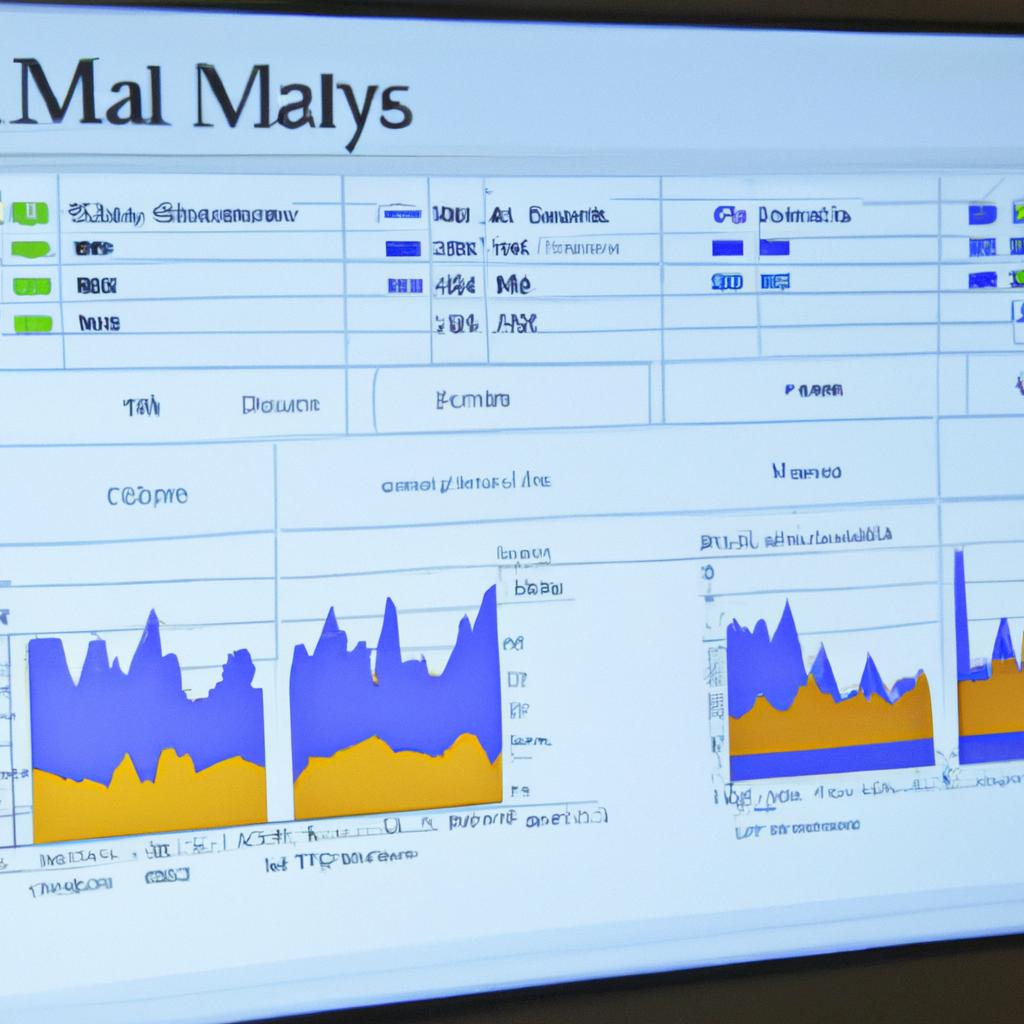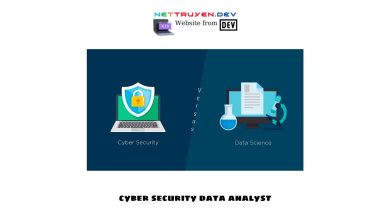The Benefits and Challenges of Open Source Data Management

If you work with data, you know how important it is to manage it properly. From data entry to storage, analysis, and sharing, data management is an integral part of any organization. In recent years, there has been a growing interest in open source data management systems. But what exactly is open source data management, and why is it becoming so popular?
Open source data management refers to the use of open source software to manage data. Open source software is software that is freely available and can be modified, distributed, and used by anyone. Open source data management systems provide an alternative to proprietary data management systems, which can be expensive and restrictive.
The importance of open source data management lies in its cost-effectiveness, flexibility, and collaboration. Open source software is often free, which can significantly reduce the cost of data management. It also offers flexibility in terms of customization and integration with existing systems. Finally, open source software is developed and maintained by a community of users, who can collaborate to improve the software and provide support to each other.
In this article, we will explore the benefits and challenges of open source data management, the tools available for open source data management, best practices for open source data management, and the future outlook for open source data management. Whether you are a data analyst, a data scientist, or a business owner, this article will provide you with valuable insight into the world of open source data management.
Challenges in Open Source Data Management

While open source data management has many benefits, it also comes with its fair share of challenges. In this section, we will discuss some of the challenges that organizations may face when implementing open source data management systems.
Limited Technical Support
One of the biggest challenges of open source data management systems is the lack of technical support. Unlike proprietary software, open source software is developed and maintained by a community of users. While this can be a strength in terms of collaboration and innovation, it can also be a weakness in terms of technical support. If you encounter a problem with an open source data management system, you may not be able to get the same level of support that you would with proprietary software.
Compatibility Issues
Another challenge of open source data management systems is compatibility issues. Open source software may not be compatible with all operating systems or hardware configurations. This can be a problem if your organization uses a specific operating system or hardware configuration that is not supported by the open source software.
Integration with Existing Systems
Integrating open source data management systems with existing systems can also be a challenge. Open source software may not be compatible with proprietary software or may require additional configuration to work with existing systems. This can result in additional costs and time investment to integrate open source data management systems with existing systems.
Potential Security Risks
Finally, open source data management systems may also be subject to potential security risks. While open source software is often developed and maintained by a community of users, this also means that vulnerabilities may be exposed more quickly than proprietary software. It is important to take steps to mitigate potential security risks when implementing open source data management systems.
Open Source Data Management Tools

Open source data management tools are becoming increasingly popular due to their cost-effectiveness, flexibility, and community support. Here are some of the most popular open source data management tools available:
h3. MySQL
MySQL is an open source relational database management system that is widely used in the industry. It is known for its scalability, performance, and ease of use. MySQL is compatible with many programming languages and can be easily integrated with other systems. It is a popular choice for web applications, e-commerce sites, and content management systems.
h3. PostgreSQL
PostgreSQL is another open source relational database management system that is known for its robustness, reliability, and data integrity. It supports a wide range of data types and has advanced features such as transactions, triggers, and stored procedures. PostgreSQL is often used for data warehousing, business intelligence, and scientific computing.
h3. MongoDB
MongoDB is an open source document-oriented database management system that is designed for scalability, flexibility, and performance. It stores data in JSON-like documents, which can be easily queried and indexed. MongoDB is often used for web applications, mobile apps, and real-time analytics.
h3. Apache Cassandra
Apache Cassandra is an open source distributed database management system that is designed for scalability, availability, and fault tolerance. It is often used for large-scale web applications, IoT, and streaming data. Cassandra has a flexible data model and can handle structured, semi-structured, and unstructured data.
When choosing an open source data management tool, it is important to consider factors such as scalability, performance, data types, ease of use, and community support. It is also important to compare different tools and find the one that best fits your specific needs and requirements.
Best Practices in Open Source Data Management
When it comes to managing data, open source software can be a powerful tool. However, like any software, it requires proper planning, implementation, and maintenance to ensure its effectiveness. Here are some best practices to follow when using open source data management software:
Importance of Proper Planning and Implementation
Before implementing an open source data management system, it’s essential to assess your organization’s needs and capabilities. This includes identifying the types of data you need to manage, the workflows involved, and the technical requirements. This information will help you choose the right open source software and configure it to meet your needs.
Ensuring Data Quality and Accuracy
Data quality and accuracy are critical to the success of any data management system. Open source software can help you maintain data quality by providing tools for data validation, cleansing, and normalization. It’s also important to establish data governance policies and procedures to ensure that data is consistently accurate and up-to-date.
Regular Maintenance and Updates
Open source software requires regular maintenance and updates to ensure its proper functioning. This includes installing security patches, fixing bugs, and upgrading to new versions. It’s essential to have a plan in place for regular maintenance and updates, including who will be responsible for them and how often they will be performed.
Backup and Disaster Recovery Strategies
Finally, it’s crucial to have a backup and disaster recovery plan in place for your data management system. This includes regularly backing up your data to a secure location, testing your backups to ensure their effectiveness, and having a plan in place for restoring data in the event of a disaster.
By following these best practices, you can ensure that your open source data management system is effective, secure, and reliable.
Conclusion
Open source data management offers many benefits, including cost-effectiveness, flexibility, collaboration, and security. It provides an alternative to proprietary data management systems and has gained popularity in recent years. However, there are also challenges to consider when adopting open source data management, such as limited technical support, compatibility issues, integration with existing systems, and potential security risks.
To make the most of open source data management, it is important to follow best practices, such as proper planning and implementation, ensuring data quality and accuracy, regular maintenance and updates, and backup and disaster recovery strategies. By doing so, organizations can take advantage of the benefits of open source data management while mitigating its challenges.
The future outlook for open source data management is promising, with continued development and innovation in open source software. As more organizations adopt open source data management, the community of users will continue to grow and collaborate, improving the software and providing support to each other.
In conclusion, open source data management is a valuable option for organizations looking to manage their data efficiently and cost-effectively. By carefully evaluating the benefits and challenges and following best practices, organizations can successfully implement open source data management systems and reap the rewards of this innovative approach to data management.
Conclusion: So above is the The Benefits and Challenges of Open Source Data Management article. Hopefully with this article you can help you in life, always follow and read our good articles on the website: nettruyen.dev



